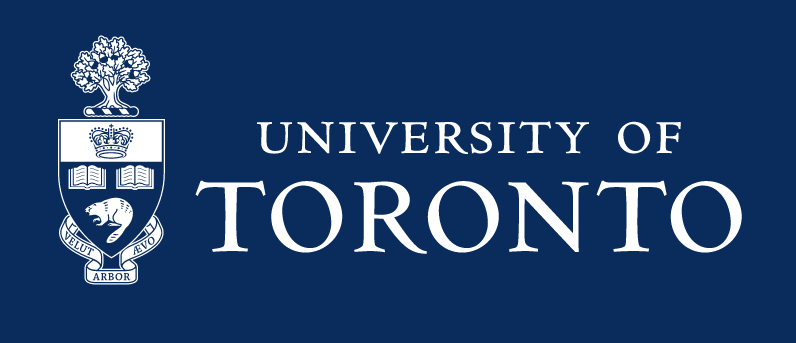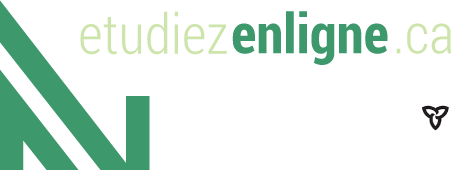Renewable Energy
Description
ABOUT THE CERTIFICATE
Dependence on fossil fuels, and an unprecedented global rate of development, mean renewable energy technologies will be increasingly important in the coming decades. If you want to be part of this fascinating and important industry, this certificate program is for you.
Two required courses and two electives will prepare you for leadership roles in government, non-governmental organizations, or business. You’ll address sustainable development issues for billions of people around the world who lack reliable, modern, and adequate sources of energy. You’ll learn what constrains the availability, suitability, and quantity of energy generation, as well as the possible environmental and social impacts associated with different technologies.
In addition, you’ll explore the benefits and challenges of renewables that have already become economically competitive, especially wind and solar, and how they are procured, stored, and distributed. You’ll learn to develop strategic, consensual, and inclusive solutions that address social, resource, technical, application, and environmental perspectives.
From individual households to island nations, off-grid small towns and remote rural areas, you’ll emerge with a clear understanding of the role of renewable energy in sustainable development, and in building a more climate-resilient and socially and environmentally just society.
TARGET AUDIENCE
The course is directed at both non-technical and technically minded learners. This will include those involved or interested in policy, planning, implementation, and economics.
WHAT YOU'LL LEARN
- Explain the basics of energy production and associated energy distribution systems.
- Describe and analyze traditional and evolving political and economic frameworks within which energy is generated, traded, and consumed.
- Assess the benefits and challenges associated with various forms of renewable energy, drawing on an understanding of the technical, environmental, social, and economic aspects of each.
- Describe the role of renewable energy in sustainable development, building a more climate-resilient and socially and environmentally just society.
- Compare the use of renewable energy in the Global North and Global South, as well as in urban and rural areas.
- Identify the impacts of integrating intermittent power generation sources to existing energy systems.
- Analyze the role of renewable energy in the displacement of traditional fossil fuel-consuming end uses, including heating and transportation.
BENEFITS
- Develop strategic, consensual, and inclusive solutions to renewable energy use.
- Help build a more climate-resilient and socially and environmentally just society.
- Advance your career in a fast-growing field that includes policy, planning, and economic perspectives.
REQUIRED COURSES
- 3924 Principles of Renewable Energy
- 3923 Applications of Renewable Energy
ELECTIVE COURSES
Choose two of the following:
- 3922 Bioenergy
- 3921 Wind Energy
- 3920 Solar Energy
Certificate Requirements
You have a maximum of three years to complete this certificate. You must complete two required courses and two of four electives. Prior Learning Assessment (PLA) exemption may be granted for one course, whether required or elective.
Overview

- Institution: University of Toronto
- Program type: Certificat
- Language: English
- Program Code:
- Delivery Method: Entièrement en ligne/à distance
Disclaimer:
Check with the institution regarding start/end dates, prices, and delivery method. These may vary according to program, section, and/or semester.
Check with the institution regarding start/end dates, prices, and delivery method. These may vary according to program, section, and/or semester.
